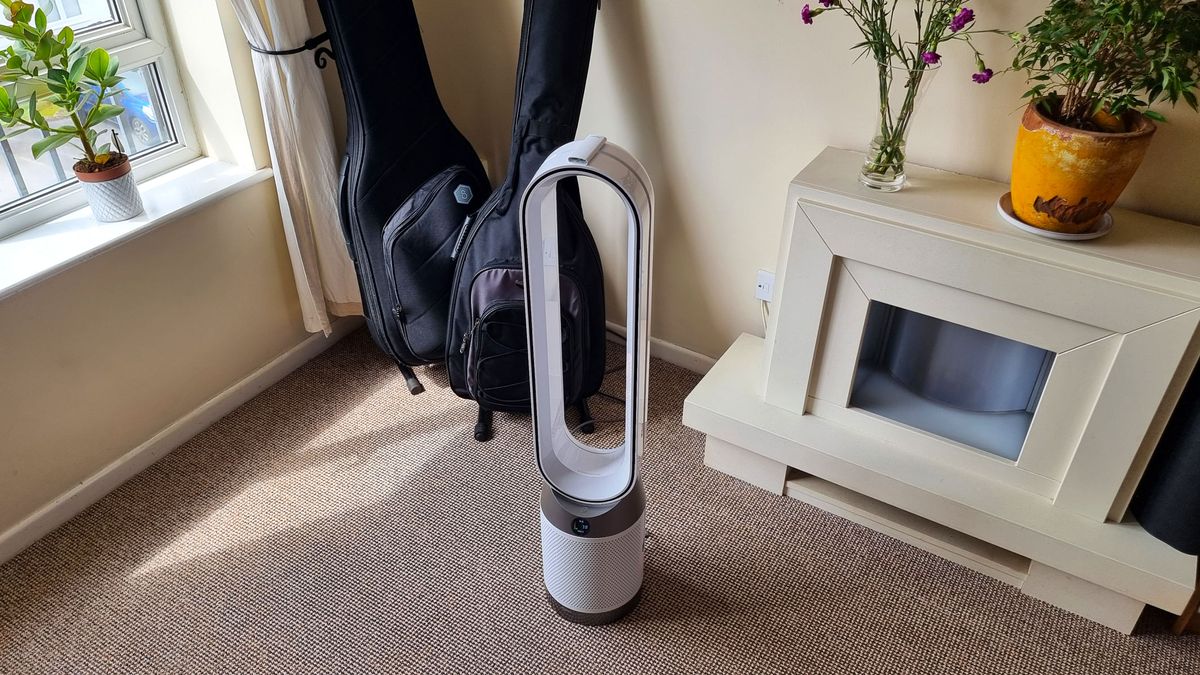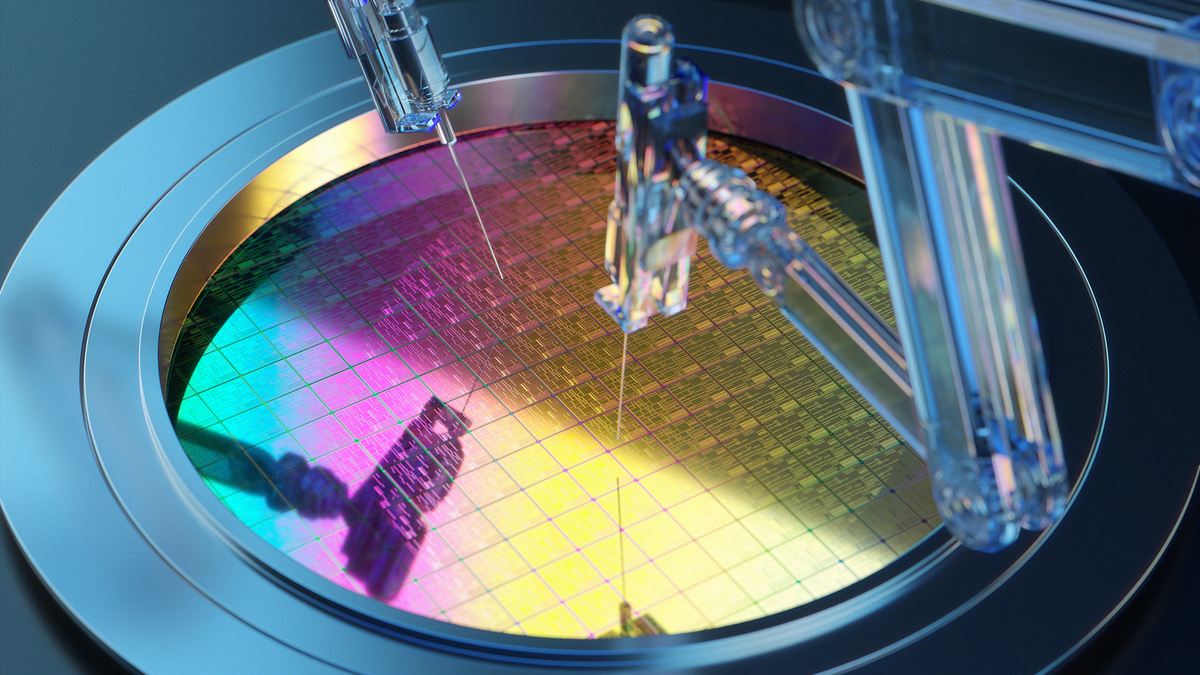Now Reading: Dyson Purifier Cool TP11 Review: Summer Essential or Pricey Luxury?
-
01
Dyson Purifier Cool TP11 Review: Summer Essential or Pricey Luxury?
Dyson Purifier Cool TP11 Review: Summer Essential or Pricey Luxury?

Quick Summary
- The Dyson Purifier Cool PC1 (TP11) is a fan-air purifier offering advanced air filtration and real-time air quality monitoring.
- retail price: $479.99/£449.99, cheaper than other Dyson models but still high compared to competitors.
- Features include 10 fan speeds, Auto mode, Night mode, 350-degree oscillation, and compatibility with Alexa/Google assistant/Siri.
- Compact design makes it suitable for small spaces; however, the plastic build is fragile and unstable.
- Performance results:
– Removed up to 96% of particles (>10 microns) during smoke tests after 30 minutes on maximum speed.
– Best suited for small-to-medium-sized rooms; CADR data not provided by the manufacturer.
- quiet operation even at higher speeds (maximum noise level: 61.4 dB),though airflow might potentially be insufficient for combating high temperatures effectively.
Pros
+ Excellent air filtration capabilities
+ In-depth air quality monitoring via MyDyson app
+ Lightweight and portable
Cons
– Expensive for its features-range compared to others in the market
– Fragile build prone to tipping over
User reviews from dyson UK cite improved respiratory conditions attributed to better indoor air quality provided by this purifier.
For more details on testing methodologies and comparisons with alternatives like Dreo MC710S or other premium options: Read More
Indian Opinion Analysis
The Dyson Purifier Cool PC1 exemplifies advancements in smart consumer technology with potential implications for addressing indoor pollution-a critical issue in urban Indian households affected heavily by poor outdoor air quality. Its compactness suits India’s growing preference for functional designs tailored to limited residential spaces. Though,affordability remains an evident barrier given its price point relative to local earnings levels.
While effective at removing airborne particulates as demonstrated through rigorous testing protocols, limitations such as missing CADR data raise questions about suitability in regions of severe pollution levels seen across several major cities-New Delhi being emblematic of hazardous AQI statistics annually. Moreover, reliance on imported devices perpetuates dependency as India develops indigenous capacity within environmental tech manufacturing sectors-a domain poised towards incentivized expansion under current governmental initiatives like “Make in India.”
Having mentioned that technologies such shifting norms might positively realign demands ensuring longer-term benefits centralized around healthcare vectors downstream operational savings climatic alignments.Rows

























